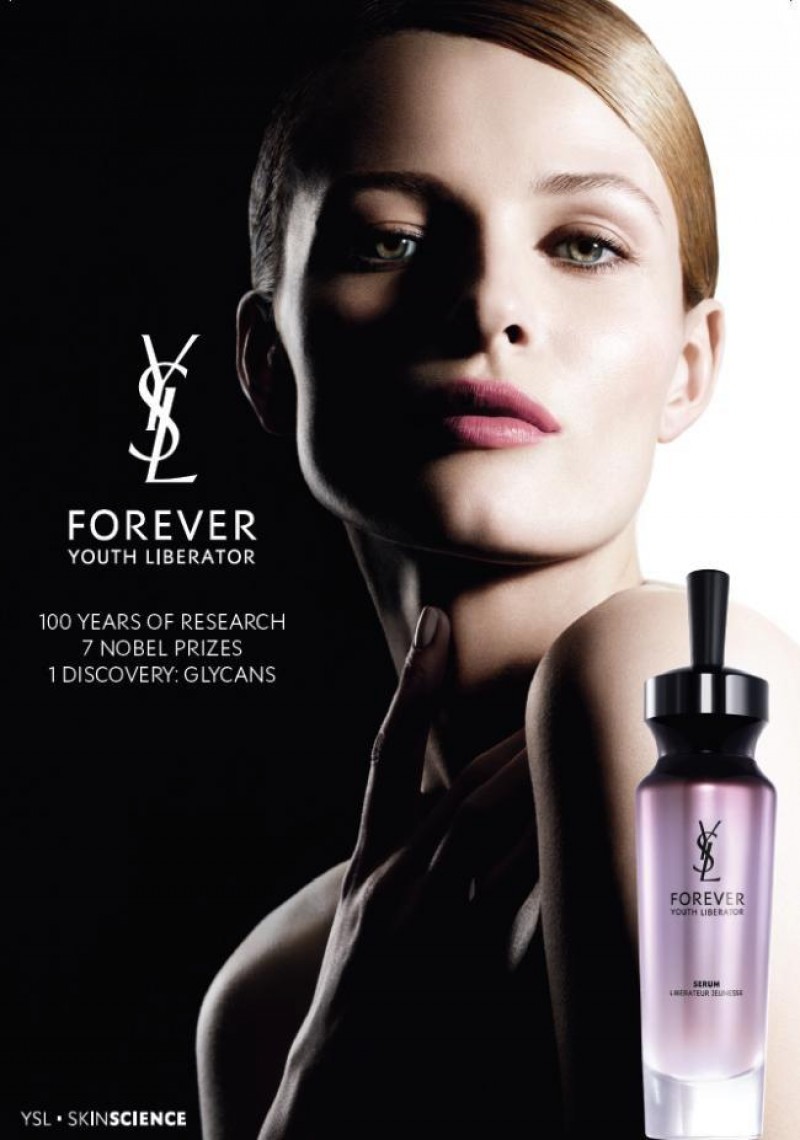The composition of a night cream for face care differs from the creams that are intended for day use. The former contains a higher concentration of nutrients, it is much denser and devoid of a UV filter. In addition, the night-time face cream will be thicker than day cream due to the lower water content and the mentioned the higher concentration of ingredients such as vitamin A or fruit acids. Before you learn how to choose a face cream for the night, learn the answer to the question whether night cream is needed at all.
Is night cream really necessary?
The skin regenerates itself most effectively during the night. In the early evening, the skin cell bonds start to relax, which increases its permeability. As a result, the skin intensively absorbs nutrients which can penetrate into the deeper layers of the epidermis much easier.
After midnight, the body begins to produce hormones that promote recovery, including growth hormone, which is why all body cells divide much faster than during the day. Then, the skin is well supplied with blood and more elastic, and it also breathes intensively and absorbs active ingredients from the cosmetics.
In the morning, the body gradually changes to daytime mode – the permeability of the skin decreases.
How to choose a good face cream for the night?
When choosing a night cream, you should be guided by skin type and age.
Face cream for the night vs. skin type
Face cream for the night is necessary to help regenerate the skin, nourish it, moisturize and protect against moisture loss. To fulfil this task, it must be properly matched to the type of skin. For oily or acne-prone skin a cream with a light consistency that does not cause pore clogging will work best. In turn, dry skin requires the use of a thicker and richer cosmetic that will moisturize it and reduce the evaporation of water from the epidermis. Moreover, combination and oily skin do not need an additional cream for the night – as opposed to a sensitive skin that cannot be left unattended for the night.
Face cream for the night vs. your age
It is obvious that the needs of young and mature skin differ from each other. Basically, a 30+ night face cream should contain coenzyme Q10, while a 40+ night cream should abound in unsaturated fatty acids ceramides, proteins and retinol. In turn, 50% of the night face cream should be enriched with soy isoflavones, glycolic acid and folic acid.









Leave a Reply